Ban ghoongat if you want to ban burqa: controversial remark lands Javed Akhtar in trouble
Hindu extremist outfit Karni Sena has given lyricist three days to apologise
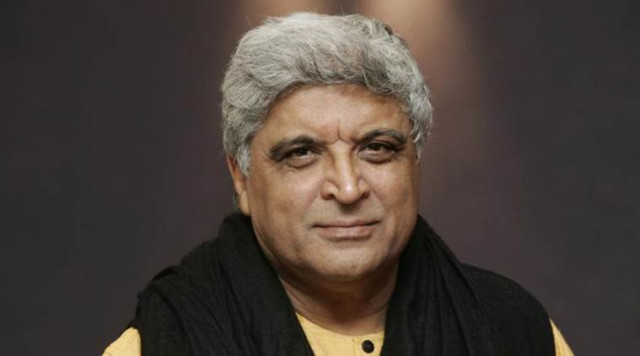
PHOTO: INDIA TODAY
Akhtar’s comment comes in the wake of the Shiv Sena protest on Wednesday urging the Modi government to follow Sri Lanka in banning the burqa on grounds of national security.
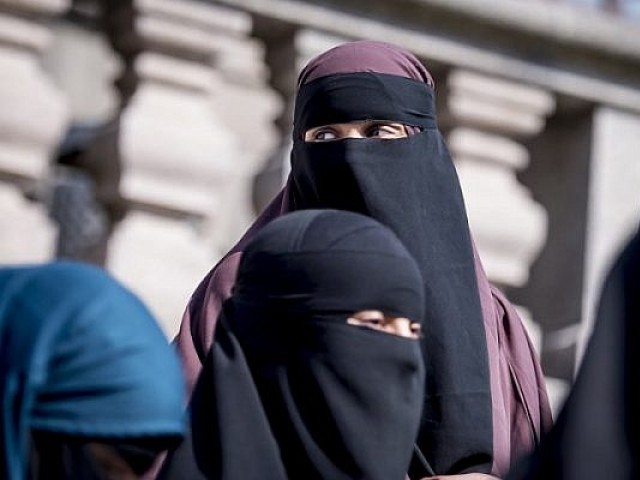 PHOTO: AFP
PHOTO: AFP“If you want to bring a law banning the burqa in India and if it is someone’s view I have no objection. But before the last phase of election in Rajasthan, this government should announce a ban on the practice of ghunghat (covering of the face by Hindu women) in that state too,” The Hindu quoted Akhtar as saying.
“I feel that ghunghat and the burqa should both go. I will be happy.” The Bollywood veteran continued, “Brother, I have little knowledge of the burqa as there were working women in my family and I haven’t seen the practice at my home. Iraq is a very orthodox Muslim country but the women there do not cover their faces. The latest law in Sri Lanka also forbids covering the face.”
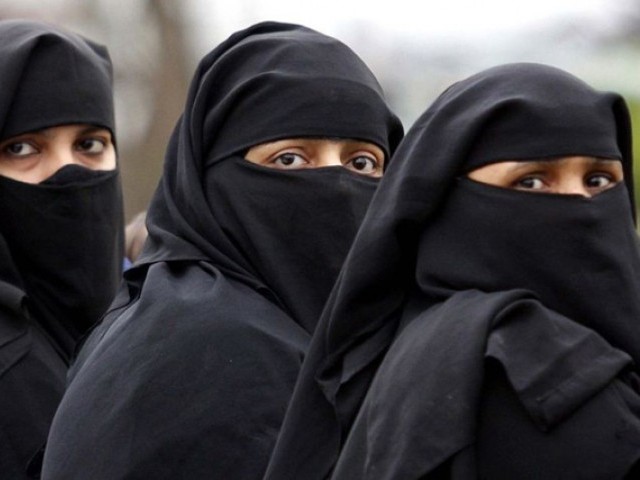 Around 200 women in Denmark wear burqa or niqab garments, according to researchers.PHOTO: REUTERS/FILE
Around 200 women in Denmark wear burqa or niqab garments, according to researchers.PHOTO: REUTERS/FILEIn a recent development, the statement from Akhtar has left the Karni Sena furious. The political party’s leader has warned the lyricist to not say a word against the culture of Rajasthan. He has also demanded that Akhtar apologises within three days.
Karni Sena members recalled last year's events when the group took violent steps to destroy the sets of Sanjay Leela Bhansali's film Padmaavat and threatened to cut actor Deepika Padukone's nose off. They were seen destroying movie halls where the film was released. In one video they were seen abusing and beating up Bhansali too.
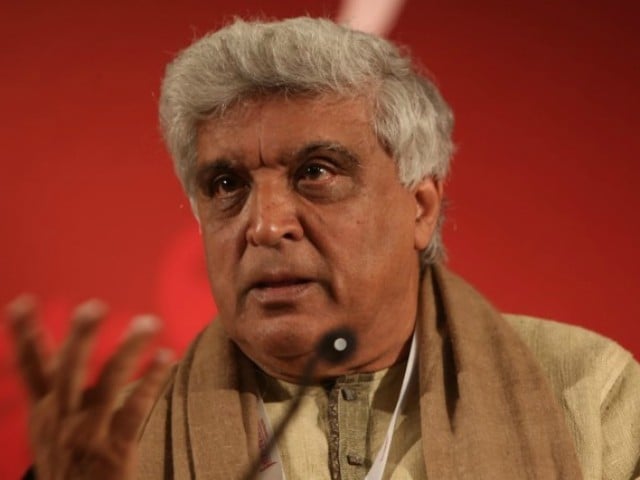 PHOTO: AMARUJALA
PHOTO: AMARUJALAThe right-wing Hindu extremist party had asked Prime Minister Narendra Modi to follow in Sri Lankan President Maithripala Sirisena’s footsteps and ban the burqa and other face-covering garments in India considering the “threat” they pose to the nation’s security. Sri Lanka’s decision came after the Easter Sunday terror attacks in the country that killed over 250 people.
In 2010, France barred Muslim women from wearing any form of dress that covers their faces and heads. In October 2018, the United Nations Human Rights Committee (UNHRC) said that the ban imposed on full face-covering veils is a violation of human rights.
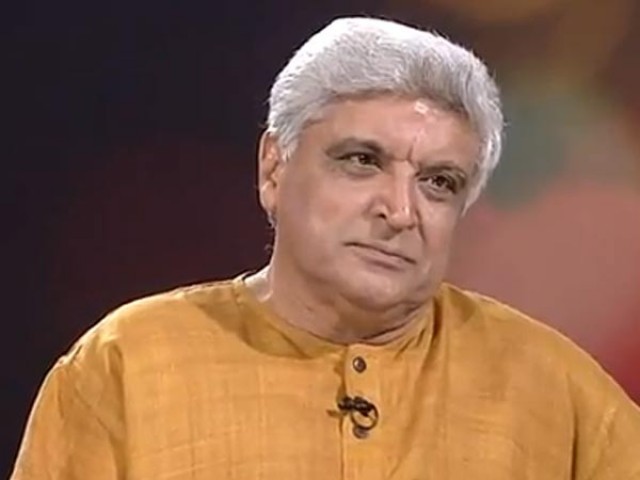 PHOTO: SHAYARI4LOVERS.COM
PHOTO: SHAYARI4LOVERS.COMHowever, a similar demand is routinely raised in countries like the United Kingdom and Australia among others. Routine reports of Muslim women being harassed for their way of dressing have also been reported in many countries, especially in the West.
World over, people have been divided over the ban on burqa. While opponents of the ban call it an attack on the freedom of choice, its proponents cite examples of cases where women are forced to wear the dress against their will. The burqa ban debate has long been used by political pressure groups to further their vested interests by propagating Islamophobia on one side and raise the 'Islam-is-in-danger' card on the other.
Have something to add to the story? Share it in the comments below.




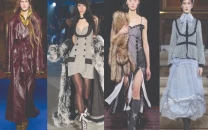














COMMENTS
Comments are moderated and generally will be posted if they are on-topic and not abusive.
For more information, please see our Comments FAQ